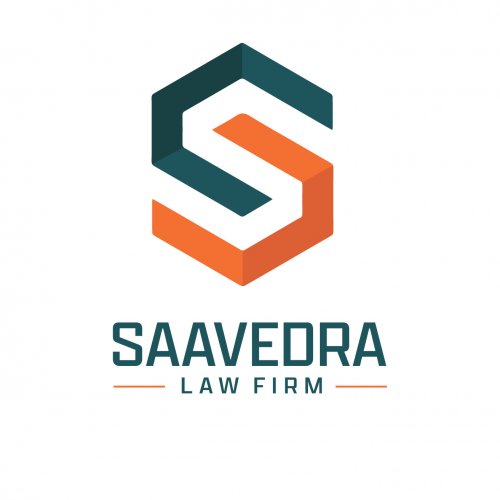Best Personal Injury Lawyers in Phoenix
Share your needs with us, get contacted by law firms.
Free. Takes 2 min.
List of the best lawyers in Phoenix, United States
About Personal Injury Law in Phoenix, United States
Personal Injury Law, also known as Tort Law, allows an injured individual to seek compensation whenever harm is caused by someone else's negligent or intentional acts. In Phoenix, like the rest of the United States, obtaining a successful outcome in a personal injury case often provides the compensation required to cover medical bills, lost wages, pain, suffering, and other losses.
Why You May Need a Lawyer
Engaging a lawyer can make a significant difference to the outcome of your personal injury claim. Lawyers can help you understand the law, complete necessary paperwork, offer legal advice, and represent you in court. These services may be necessary if you've suffered severe injuries, faced expensive medical bills, experienced a significant loss of wages due to the injuries, or if the insurance company refuses to pay.
Local Laws Overview
In Phoenix, Arizona, personal injury cases are subject to "Comparative Negligence Law". This means that even if you are partially at fault for your accident, you can still recover damages in proportion to the other party's fault. However, the state also operates under a statute of limitations which places a two-year time limit to file most personal injury lawsuits. Failing to file within this period could lead to your case being dismissed.
Frequently Asked Questions
1. What if I am partly to blame for my injuries?
Under Phoenix's Comparative Negligence Law, you can still recover damages even if you were partially at fault for your accident. However, the compensation will be reduced by your degree of fault.
2. Is there a time limit to file a personal injury lawsuit in Phoenix?
Yes, under Phoenix law, personal injury lawsuits must be filed within two years from the date of the injury.
3. Can I still sue if my injury symptoms developed much later?
Yes, the law acknowledges that some injuries may not be apparent immediately but manifest symptoms at a later time. If this is the case, the two-year statute of limitations begins from the date you discovered, or should have reasonable discovered, your injuries.
4. What damages can be recovered in a personal injury case?
You may be able to recover compensatory damages which include both economical losses like medical expenses and lost wages, as well as non-economical damages such as pain and suffering.
5. Should I settle with the insurance company directly?
Before you accept a settlement offer from an insurance company, it's advisable to speak with a personal injury lawyer. At times, insurers may offer a fast settlement that often is less than what you may be entitled to receive.
Additional Resources
The State Bar of Arizona provides resources for those seeking legal representation. The Arizona Department of Insurance and Financial Institutions also provides information regarding insurance matters relevant to personal injury cases.
Next Steps
If you believe you have a personal injury claim, consult with an attorney in Phoenix to discuss your case. Your attorney can offer advice, conduct an independent investigation, calculate a reasonable settlement amount, and represent you in court if necessary.
Lawzana helps you find the best lawyers and law firms in Phoenix through a curated and pre-screened list of qualified legal professionals. Our platform offers rankings and detailed profiles of attorneys and law firms, allowing you to compare based on practice areas, including Personal Injury, experience, and client feedback.
Each profile includes a description of the firm's areas of practice, client reviews, team members and partners, year of establishment, spoken languages, office locations, contact information, social media presence, and any published articles or resources. Most firms on our platform speak English and are experienced in both local and international legal matters.
Get a quote from top-rated law firms in Phoenix, United States — quickly, securely, and without unnecessary hassle.
Disclaimer:
The information provided on this page is for general informational purposes only and does not constitute legal advice. While we strive to ensure the accuracy and relevance of the content, legal information may change over time, and interpretations of the law can vary. You should always consult with a qualified legal professional for advice specific to your situation.
We disclaim all liability for actions taken or not taken based on the content of this page. If you believe any information is incorrect or outdated, please contact us, and we will review and update it where appropriate.











